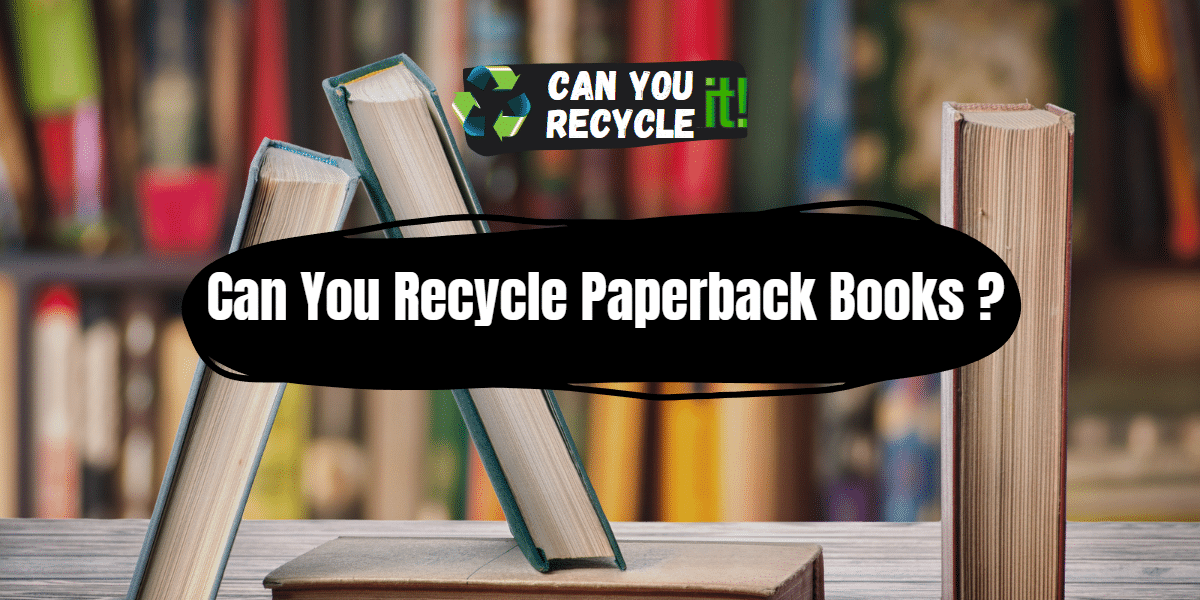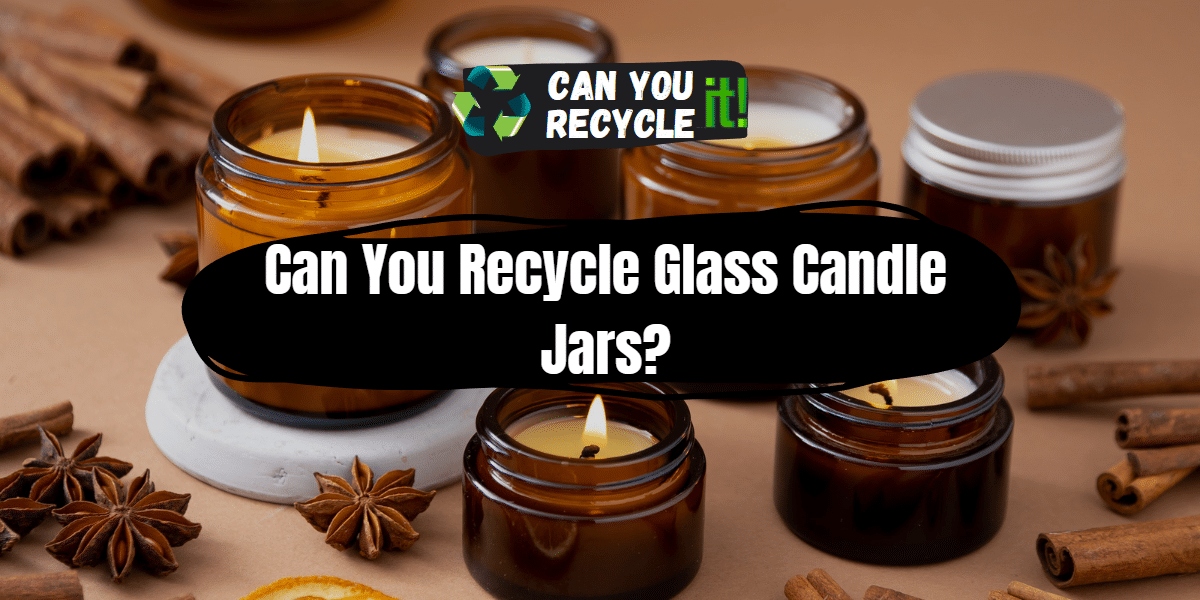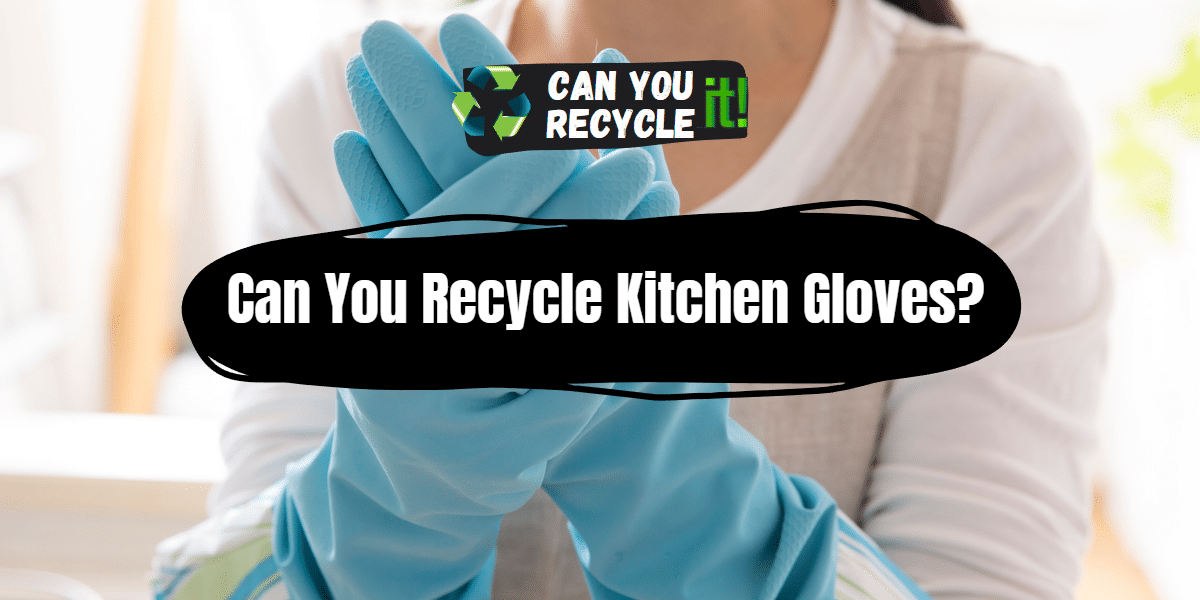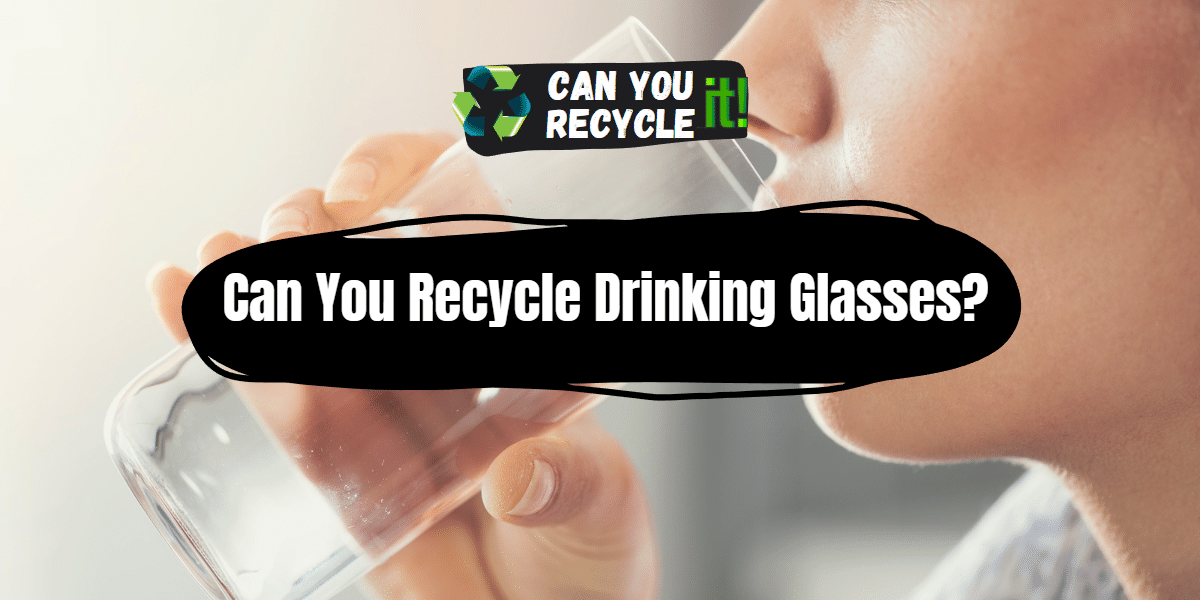Yes, paperback books can be recycled. However, a few factors must be considered to ensure proper recycling and minimize waste.
Books have the power to transport us to different worlds, inspire our imagination, and provide knowledge. But what happens when we’re done with them? Can paperback books be recycled? In this article, we will explore the answer to this question and provide you with a comprehensive guide on how to recycle paperback books responsibly. We will discuss the dos and don’ts, step-by-step instructions, alternative options for non-recyclable books, and the environmental impact of recycling, answer frequently asked questions, and share some final thoughts on this topic.
Table of Contents
Do’s and Don’ts
To ensure that your paperback books are recycled effectively, here are some dos and don’ts to keep in mind:
Dos
- Do: Check with your local recycling program or facility to confirm if they accept paperback books. Recycling guidelines may vary depending on your location.
- Do: Remove any non-paper components before recycling, such as plastic covers, bookmarks, or inserts. These items might not be recyclable and can contaminate the recycling stream.
Don’ts
- Don’t: Donate or recycle books that are severely damaged, torn, or stained. These books are generally not accepted for recycling and should be disposed of as regular waste.
- Don’t: Mix paperback books with hardcover books for recycling. Hardcover books have different recycling requirements due to their binding materials.
5-Step Guide to Recycle Paperback Books
Follow these steps to prepare your paperback books for recycling properly:
Step 1
Check Local Guidelines – Research the guidelines your local recycling program or facility provides. They may have specific instructions on how to prepare paperback books for recycling.
Step 2
Remove Non-Paper Components – Take out any components that are not made of paper, such as plastic covers, bookmarks, or inserts. Set these items aside for separate disposal or reuse, if applicable.
Step 3
Check Binding Type – Check if the book has any glue, spiral binding, or other non-paper elements. If it does, contact your local recycling program to confirm if they accept books with such bindings.
Step 4
Separate Covers – If your paperback book has a detachable cover, remove it carefully. The cover might not be recyclable and should be disposed of as regular waste.
Step 5
Recycle Properly – Once you have prepared the paperback book according to the guidelines, place it in the designated recycling bin or take it to a recycling center that accepts paper products.
What to Do with Paperback Books That Cannot Be Recycled
While most paperback books can be recycled, there are instances where recycling is not possible or recommended. Here are some alternative options for non-recyclable paperback books:
- Donate or Share – If your book is in good condition and still readable, consider donating it to libraries, schools, charities, or local book-sharing programs. Sharing the joy of reading is a great way to extend the life of a book.
- Repurpose – Get creative and repurpose old books for various craft projects. You can make art, bookmarks, or even unique home decor items using the pages or covers of the books.
- Swap or Trade – Look for book-swapping communities or websites where you can exchange your books with others who are interested in reading them. It’s a win-win situation for both parties involved.
- Composting – If your book is beyond repair and cannot be recycled, consider composting it. Tear the book into small pieces and add it to your compost pile, which will decompose naturally.
Environmental Impact of Recycling Paperback Books
Recycling paperback books has several positive environmental impacts. By recycling these books, we can:
- Conserve Resources – Recycling paper helps conserve trees, water, and energy that would otherwise be required for manufacturing new paper products.
- Reduce Landfill Waste – When paperback books are recycled, they are diverted from ending up in landfills, where they contribute to waste accumulation and greenhouse gas emissions.
- Limit Pollution – Recycling paper reduces the need for new paper production, decreasing air and water pollution associated with the manufacturing process.
- Promote Sustainable Practices – By actively participating in recycling paperback books, we support sustainable practices and encourage others to do the same, fostering a greener future.
FAQs for Can You Recycle Paperback Books
Can I recycle paperback books with glossy or coated pages?
Yes, most recycling facilities can handle paperback books with glossy or coated pages. However, checking with your local recycling program for any specific requirements is always a good idea.
Are hardcover books recyclable?
Hardcover books have different recycling requirements due to their binding materials. It’s best to contact your local recycling program or facility to inquire about their policies on recycling hardcover books.
Can I recycle paperback books with torn or missing pages?
Generally, recycling facilities accept paperback books with torn or missing pages. However, checking with your local recycling guidelines is always a good practice, as requirements may vary.
Conclusion and final thoughts 💭
Recycling paperback books is a meaningful way to contribute to waste reduction and promote sustainability. By following the dos and don’ts, preparing your books for recycling, and exploring alternative options for non-recyclable books, you can actively play a role in conserving resources and protecting our environment. Remember, each book we recycle is a step towards a greener future where knowledge and environmental consciousness go hand in hand.





Leave a Reply